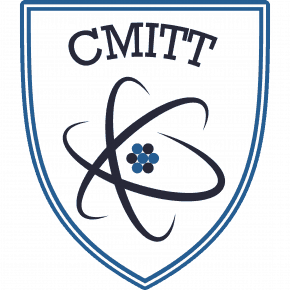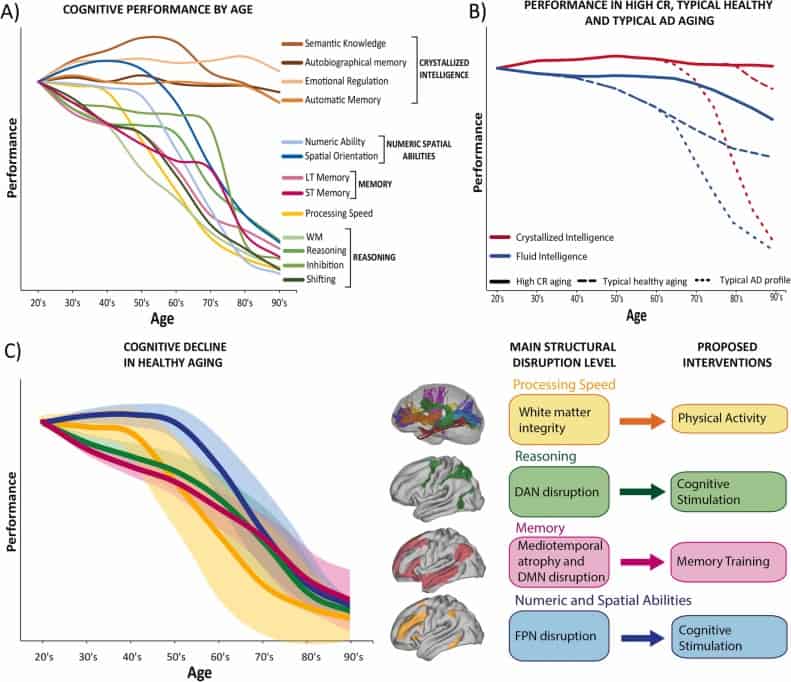Researchers from the Precision Neuroscience & Neuromodulation (PNN) program led by Dr. Santarnecchi (TR&D 3) have published a review article highlighting changes to the brain during aging and summarizing modifiable risk factors to support a healthy aging process.
Turrini S, Wong B, Eldaief M, Press DZ, Sinclair DA, Koch G, Avenanti A, Santarnecchi E. The multifactorial nature of healthy brain ageing: Brain changes, functional decline and protective factors. Ageing Res Rev. 2023 Apr 27;88:101939.
The article discusses the importance of understanding healthy brain and cognitive aging as a physiological process that should be embraced, rather than only focusing on abnormal cognitive decline or exceptionally positive aging outcomes. The authors review the modifications the human brain physiologically undergoes with advancing age, from the cellular to the macro-scale level, and how these modifications are shared with neurodegenerative diseases like Alzheimer’s. The study review highlights that reducing the risk of cognitive decline should ideally mean adopting lifelong strategies and behaviors to promote brain health. The authors suggest that adopting virtuous lifestyle changes and interventions directly targeting altered brain networks, such as noninvasive brain stimulation, could counteract factors that contribute to cognitive decline, such as smoking, sleep disorders, excessive alcohol consumption, high-stress levels, social isolation, or physical inactivity. Healthy aging is a “process” achieved throughout the lifespan to ensure the best possible outcome for one’s later years, and it is never too early to start taking care of the brain.
Abstract
As the global population faces a progressive shift towards a higher median age, understanding the mechanisms underlying healthy brain ageing has become of paramount importance for the preservation of cognitive abilities. The first part of the present review aims to provide a comprehensive look at the anatomical changes the healthy brain endures with advanced age, while also summarizing up to date findings on modifiable risk factors to support a healthy ageing process. Subsequently, we describe the typical cognitive profile displayed by healthy older adults, conceptualizing the well-established age-related decline as an impairment of four main cognitive factors and relating them to their neural substrate previously described; different cognitive trajectories displayed by typical Alzheimer’s Disease patients and successful agers with a high cognitive reserve are discussed. Finally, potential effective interventions and protective strategies to promote cognitive reserve and defer cognitive decline are reviewed and proposed.
See also the interview in Footnotes in Science
TR&D 3

